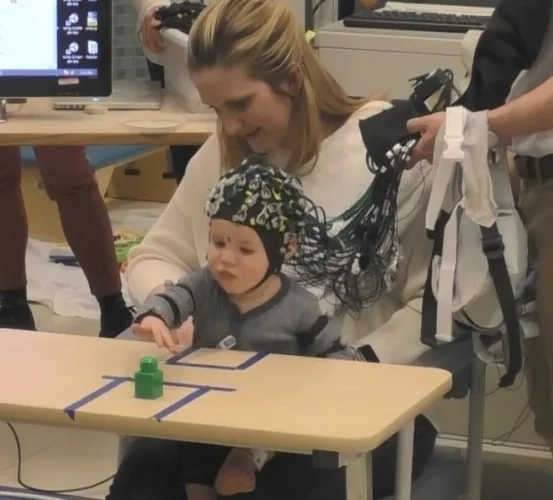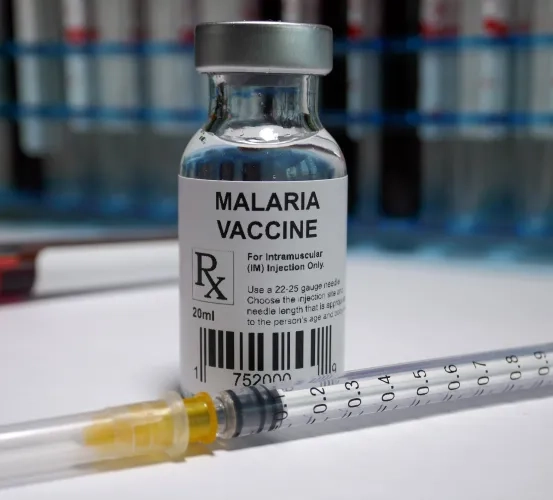
Famine from Feast: Linking Vitamin C, Red Blood Cell Fragility, and Diabetes

Do you or someone you know want to participate in a clinical research study?

18F-DCFPyL PET/CT in Hepatocellular Carcinoma

The NIH Lyme Disease Studies Unit is looking for healthy volunteers
Each year, the number of cases of tick-borne diseases increases. Researchers at the National Institutes of Health (NIH) Lyme Disease Studies Unit is looking for healthy volunteers to participate in a research study to learn more about how the human immune system responds to tick bites.

Mediterranean-like Unprocessed (CLEAN-MED) Diet Intervention Study of the Gut Microbiome of Healthy Adults

Exploring Near Infrared Spectroscopy (NIRS) Technologies for Assessment of Muscle Physiology, Tissue Oxygenation, and Blood Flow in Patients with Sickle Cell Disease (SCD)

Infant Research Opportunity
Researchers at the National Institutes of Health (NIH) are studying how infants' brains change as they learn new motor skills. Results may assist with better treatment methods for Cerebral Palsy.

An Observational Study of the Developing Brain, Impulsivity and Compulsivity
Do you... Find yourself constantly checking things? Spend lots of time ordering your belongings? Have unusual rituals or habits that seem unnecessary? Do you blurt out comments at inappropriate times, interrupt conversations or speak out of turn or feel you are overly impulsive? The National Human Genome Research Institute (NHGRI) is conducting an outpatient research study on the links between compulsivity, impulsivity and the developing brain in children and young adults.


